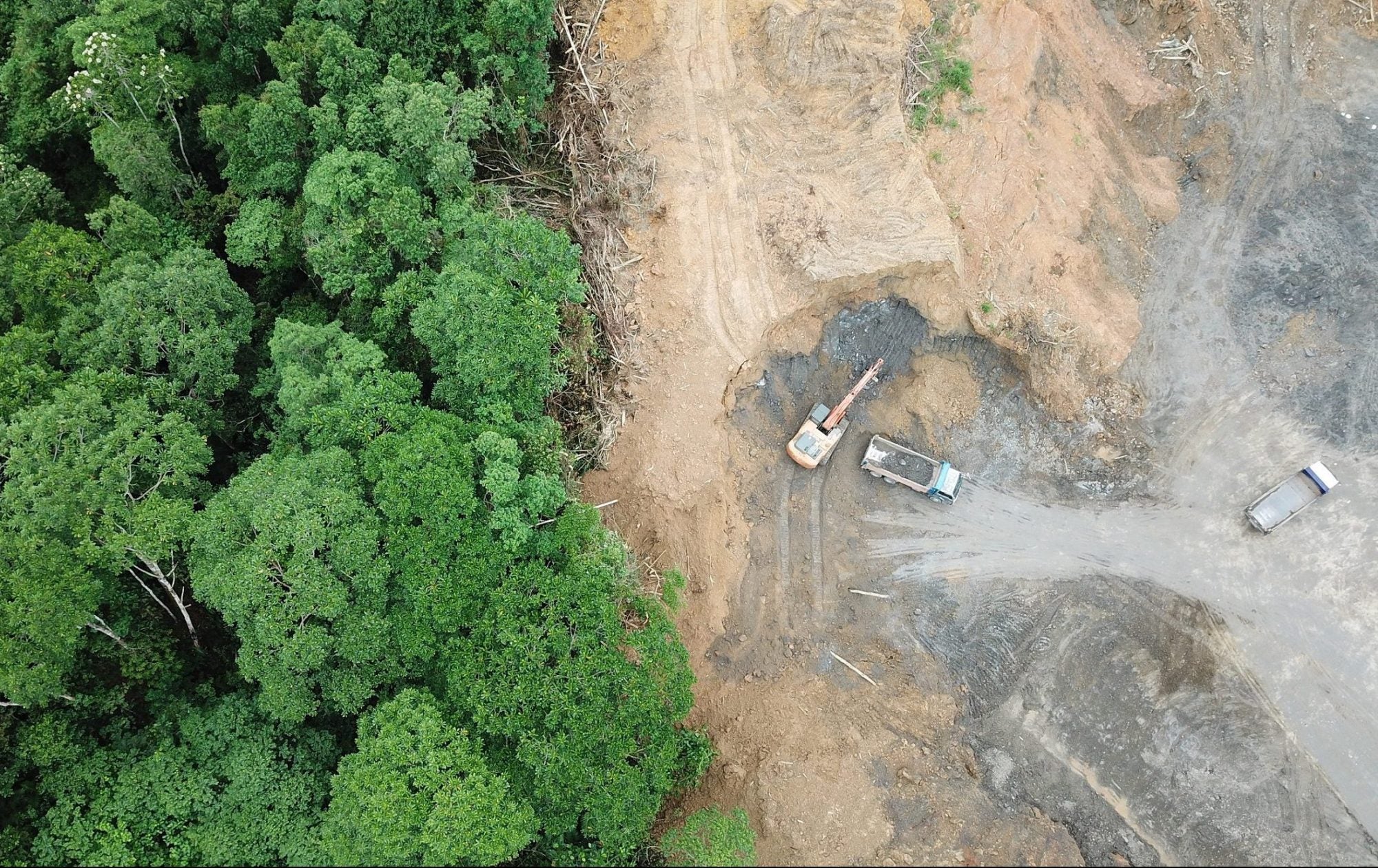
The EU has banned products linked to deforestation in a move that could impact meat producers and cocoa and palm-oil suppliers.
However, it has faced some pushback from palm-oil producing countries. Malaysia said it was disappointed with the move, describing it as “woefully-misguided” and accusing the EU of “erecting protectionist barriers”.
The EU’s legislative body – the European Parliament – adopted the new law yesterday (19 April). It rules that companies will only be allowed to sell products in the EU if the supplier of the product has issued a so-called due diligence statement confirming they do not come from deforested land or have led to forest degradation since 31 December 2020.
Companies will also have to verify that their products comply with relevant legislation of the country of production, including on human rights, and that the rights of affected indigenous people have been respected.
The EU says that an area larger than the bloc was lost to deforestation between 1990 and 2020, with member state consumption causing around 10% of losses. Deforestation is linked to rising greenhouse gas emissions, which drive climate change.
Beyond food, other products covered by the new law are coffee, soya, wood, rubber, charcoal and printed paper.
The European Parliament also secured a wider definition of forest degradation that includes the conversion of primary forests or naturally regenerating forests into plantation forests or into other wooded land.
Countries, or areas of them, will be classified based on an “objective and transparent assessment” within 18 months of this regulation entering into force. Products from low-risk countries will be subject to a simplified due diligence procedure.
EU authorities will have access to relevant information provided by the companies, such as geolocation coordinates, and will conduct checks with the help of satellite monitoring tools and DNA analysis to check where products come from.
Penalties for non-compliance with new deforestation rules will be “proportionate and dissuasive” and the maximum fine must be at least 4% of the total annual turnover in the EU.
After the law was adopted, by 552 votes to 44 with 43 abstentions. MEP Christophe Hansen said: “Until today, our supermarket shelves have all too often been filled with products covered in the ashes of burned-down rainforests and irreversibly destroyed ecosystems and which had wiped out the livelihoods of indigenous people.
“All too often, this happened without consumers knowing about it. I am relieved that European consumers can now rest assured that they will no longer be unwittingly complicit in deforestation when they eat their bar of chocolate or enjoy a well-deserved coffee. The new law is not only key in our fight against climate change and biodiversity loss but should also break the deadlock preventing us from deepening trade relations with countries that share our environmental values and ambitions.”
Responding to the move, Malaysia’s Deputy Prime Minister Datuk Seri Fadillah Yusuf said: “The regulation is a deliberate attempt to increase costs and barriers for Malaysia’s palm-oil sector.”
He said designating Malaysia as a high-risk country is “unjustified” and added “Malaysia has made, and kept, world-leading commitments to forest conservation and sustainable agriculture”.
The law needs formal approval from EU countries – a process that typically waves through pre-agreed laws – before it can enter into force.
